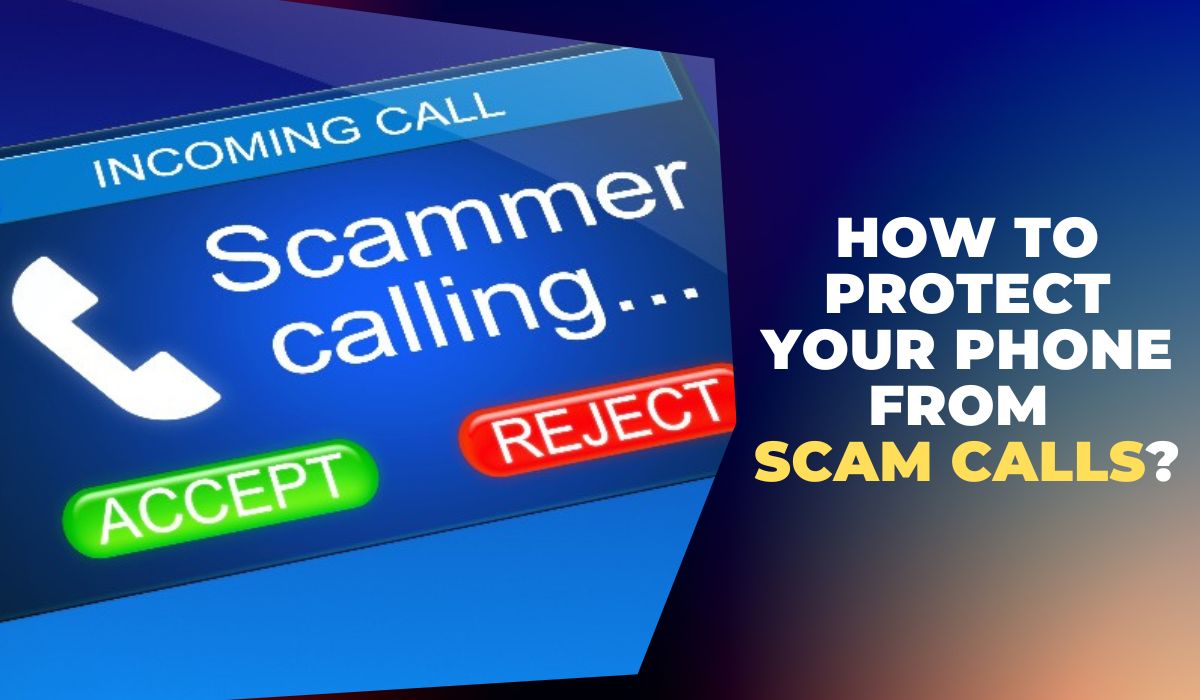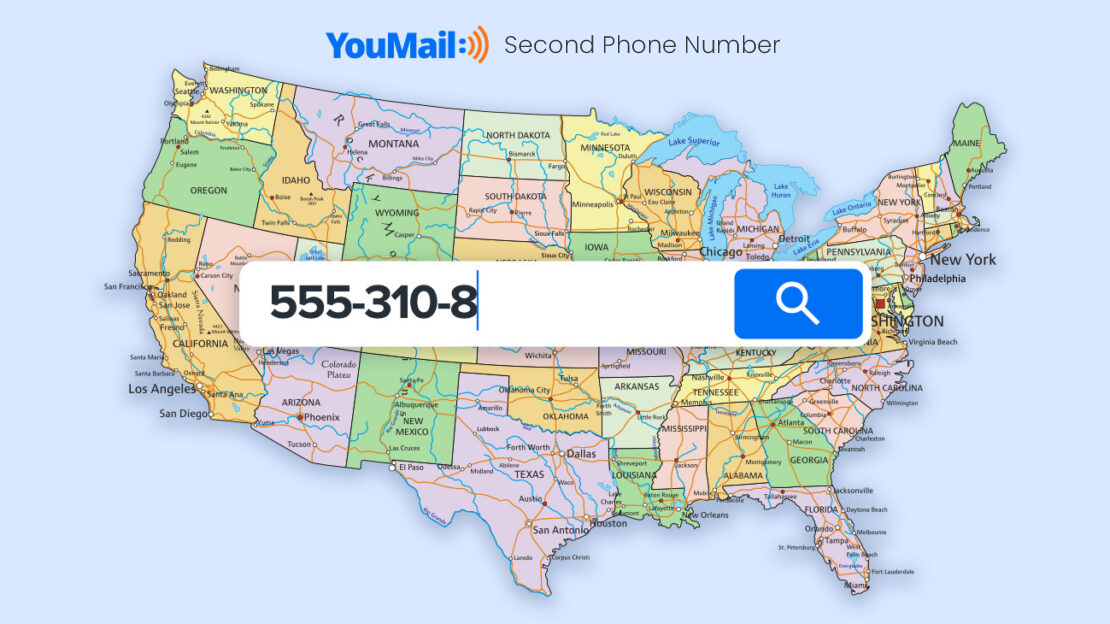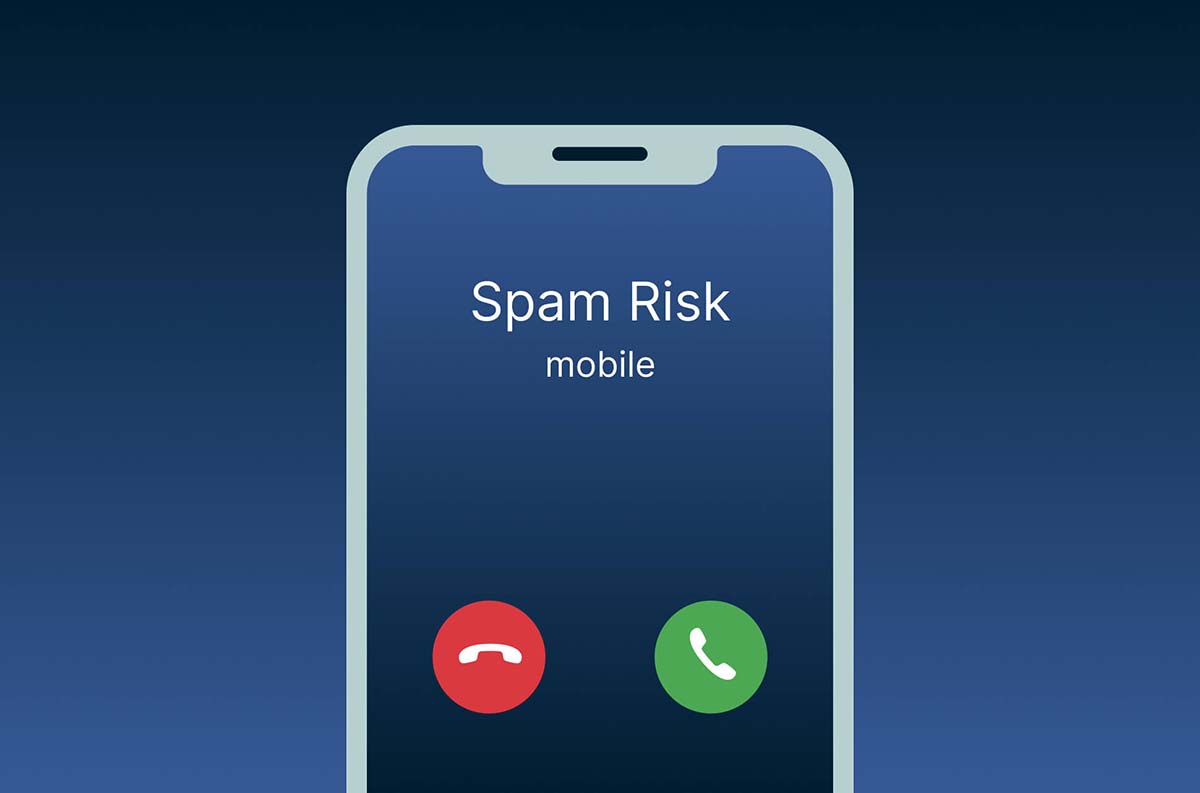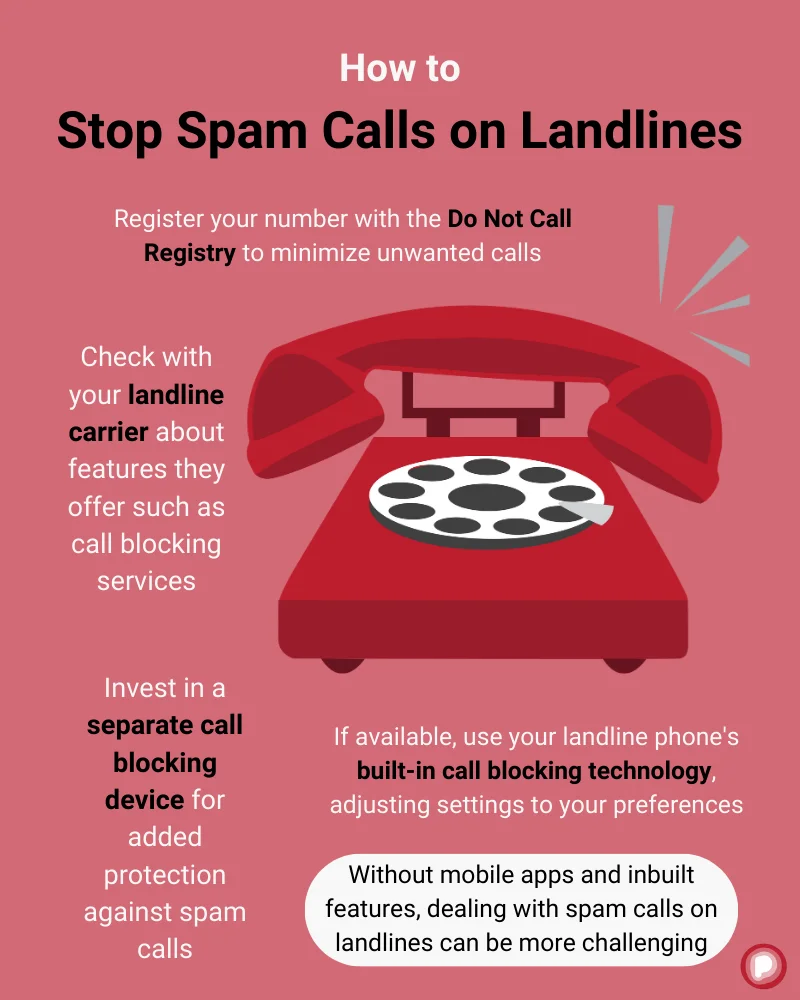Spam Calls From 860 Area Code

The relentless barrage of spam calls continues to plague residents across Connecticut, with the 860 area code emerging as a particularly persistent source of frustration and financial risk. Many individuals report receiving multiple unwanted calls daily, ranging from fraudulent schemes promising easy money to deceptive pitches for dubious products and services.
These calls not only disrupt daily life but also pose a significant threat to vulnerable populations, who are more susceptible to falling prey to sophisticated scams.
The pervasiveness of these calls has prompted calls for stronger regulations and increased vigilance from both consumers and law enforcement.
The 860 Area Code: A Hotspot for Spam
The problem extends beyond mere annoyance. The proliferation of spam calls originating from the 860 area code—covering much of central and eastern Connecticut—has become a significant concern for residents, businesses, and law enforcement alike.
This issue has led to increased awareness campaigns from consumer advocacy groups warning of potential fraud.
Understanding why the 860 area code is being exploited is crucial to addressing the underlying problem.
Experts suggest several factors contribute to this phenomenon, including the availability of inexpensive spoofing technology and the relative ease with which scammers can acquire lists of phone numbers.
The Anatomy of a Spam Call
Spam calls come in various forms, but many share common characteristics. According to the Federal Trade Commission (FTC), a significant portion of these calls involve robocalls, pre-recorded messages delivered automatically to numerous phone numbers.
These robocalls often promote fraudulent services like debt relief, credit repair, or government grant programs. Some scammers even impersonate government agencies like the Internal Revenue Service (IRS) or Social Security Administration in an attempt to extract personal information or financial details.
Other common scams include prize and lottery scams, in which victims are told they have won a substantial sum of money but must pay upfront fees to claim their winnings.
The sophistication of these scams is constantly evolving, making it increasingly difficult for individuals to distinguish legitimate calls from fraudulent ones.
Consumer Impact and Reported Scams
The impact of these spam calls on Connecticut residents is multifaceted. Beyond the immediate disruption and frustration, many individuals have reported financial losses as a result of falling victim to these scams.
The Connecticut Department of Consumer Protection has received a significant increase in complaints related to spam calls, particularly those originating from the 860 area code.
“We are seeing a disturbing trend of scammers targeting vulnerable populations with increasingly sophisticated tactics,” said a spokesperson for the department. "It's imperative that consumers remain vigilant and report any suspicious activity immediately.”
Local businesses are also affected by the influx of spam calls, with employees wasting valuable time answering unwanted calls and dealing with potential phishing attempts. This can lead to decreased productivity and increased security risks.
Combating the Spam Call Epidemic
Efforts to combat the spam call epidemic are underway on multiple fronts. The Federal Communications Commission (FCC) has implemented several measures to empower phone companies to block illegal robocalls and trace the origins of these calls.
One key initiative is the STIR/SHAKEN protocol, which requires phone companies to authenticate the caller ID information transmitted with each call. This helps to reduce caller ID spoofing, a common tactic used by scammers to disguise their true identities.
Consumer education is also crucial in the fight against spam calls. Organizations like the AARP and the Better Business Bureau offer resources and advice to help individuals identify and avoid scams.
These resources often emphasize the importance of never providing personal or financial information over the phone to unsolicited callers and verifying the legitimacy of any offer before providing payment.
Consumers can also take steps to protect themselves by registering their phone numbers on the National Do Not Call Registry and using call-blocking apps or services to filter out unwanted calls.
The Role of Technology and Law Enforcement
Technology plays a critical role in both perpetrating and combating spam calls. Scammers utilize sophisticated tools to generate and distribute robocalls on a massive scale, often disguising their phone numbers to evade detection.
However, advancements in artificial intelligence and machine learning are also being used to develop more effective call-blocking and filtering technologies.
Law enforcement agencies are actively investigating and prosecuting individuals and organizations involved in illegal robocalling schemes. However, these efforts are often hampered by the difficulty of tracing the origins of these calls, which frequently originate from overseas.
International cooperation is essential to effectively address the global nature of the spam call problem.
Looking Ahead: A Persistent Challenge
Despite ongoing efforts, the spam call epidemic is likely to persist as scammers continue to adapt their tactics and exploit vulnerabilities in the telecommunications system. The 860 area code is just one example of a broader national and international problem.
A multi-pronged approach involving technological solutions, regulatory enforcement, and consumer education is necessary to mitigate the impact of spam calls and protect individuals from financial harm. Continued vigilance and collaboration between stakeholders are essential to staying ahead of the curve in this ongoing battle.
The fight against spam calls is an evolving challenge, requiring constant adaptation and innovation to protect consumers and maintain the integrity of the telecommunications system.


















